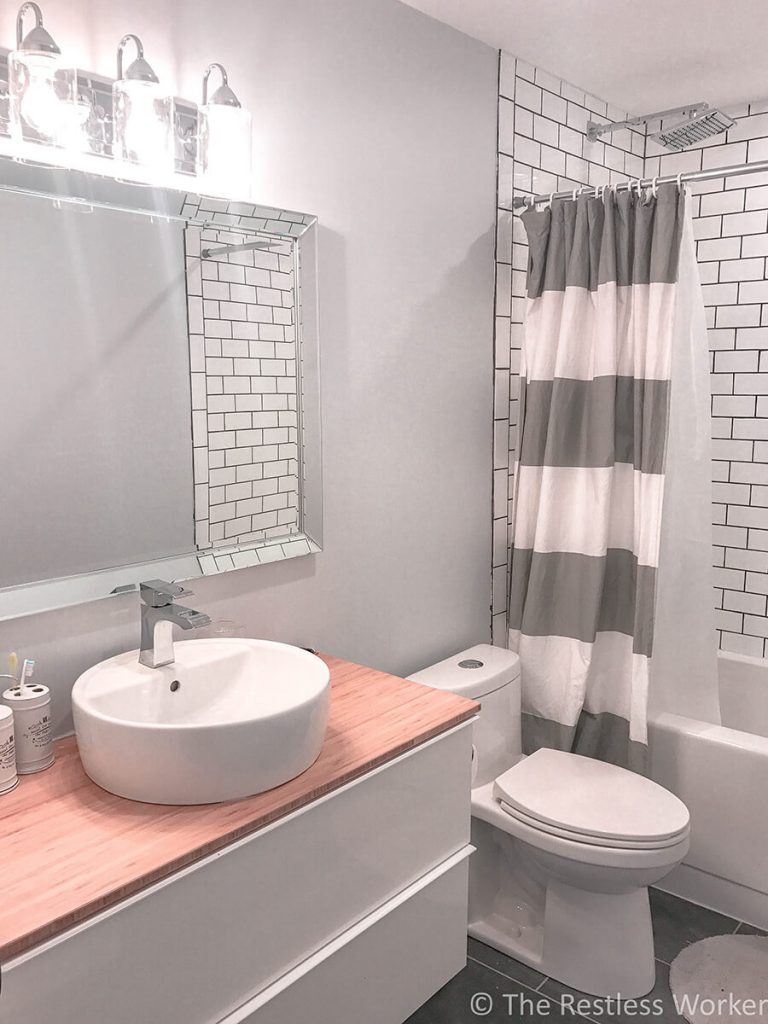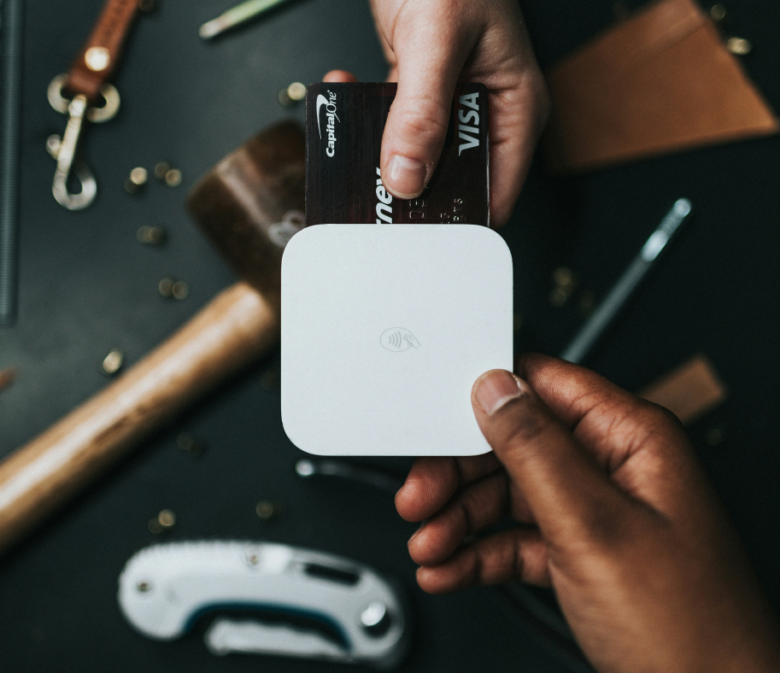At some point or another, most people will look to get a credit card for the endless benefits that they offer. Not only can a credit card help you to borrow responsibly, it can also increase your credit score – plus, many cards come with purchase protection and a number of rewards for spending.
While having a credit card can provide you with a greater sense of financial freedom, it’s important to choose the one that’s right for you if you want to maintain a healthy financial flow. But, how do you go about making this big decision? Here are a few things you should consider to pick the credit card that’s right for you.
Identify your financial goals
There are different types of credit cards, and the right one for you will depend on what you want to achieve. Do you have a low or limited credit history, and are hoping to build your credit score? A credit builder card may be the right option for you. Perhaps you’re looking to consolidate your credit card debts into one account for easier management, in which case a balance transfer card will be the product that you’re looking for. There are also plenty of reward credit cards, travel credit cards and everyday spending credit cards to choose from depending on your needs, goals and current financial situation.
If you skip the crucial step of identifying your financial goals, you risk choosing a credit card that doesn’t suit your requirements. This can ultimately do more harm than good, if you’re not able to keep up with your credit card agreement.



Research your product
Most of us have a tendency to overlook the fine print, particularly if we’re eager to sign up for a product. However, there are important details to consider when taking out any kind of credit, and you should familiarize yourself with these prior to making any commitment. Not doing so could cause you to ineffectively manage your finances, and even land you in debt.
For example, what is the annual percentage rate (APR) of your credit account? Upon researching your product, you may find that the rate of interest is higher than you’re looking for, and find an alternative product that’s suitable for your needs. Read your credit contract in detail to ensure you understand the commitment you’re making in full prior to signing on the dotted line.
Seek financial advice
To make the most of your credit card, you need to stay informed on all things finance. Researching your credit card product on your own will answer many of your questions, but if you have any concerns or want a deeper understanding of how different credit cards work, it’s best to seek the advice of a professional.
For example, you may want to employ the help of a financial advisor – although, a quick chat with your bank will sometimes suffice. Make a commitment to understanding how credit works, to utilize your card in a way that is most beneficial for your financial situation.



Familiarize yourself with the benefits and risks
While most people have a credit card, that doesn’t mean the decision to get one should be taken lightly. This commitment could have a huge impact on your financial security if you don’t know how to use your card responsibly.
In particular, it’s important to familiarize yourself with the effects of bad credit should you experience financial hardship and not be able to keep up with your regular payments. Weigh up the potential risks against the benefits to figure out if a credit card is likely to be more helpful or harmful to your personal financial situation.
Don’t forget that there are other ways to borrow, such as loans, and ways that you can improve your credit score – such as through keeping up with your priority bills. So, a credit card is not the be-all and end-all, and while it’s the right decision for many people, it won’t be right for everyone. If you’ve decided that a credit card is likely to benefit you, be sure to have a financial plan in place to eliminate risk and get the most out of your credit card.




